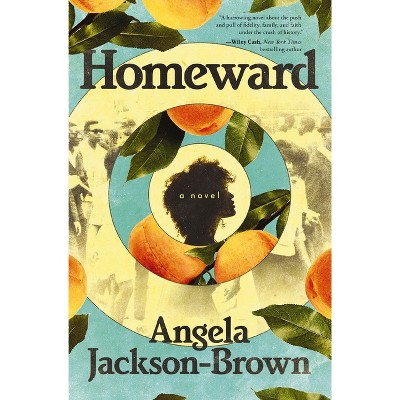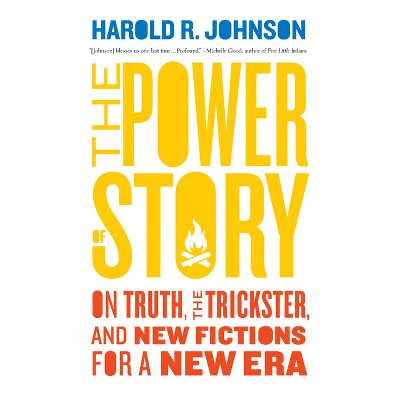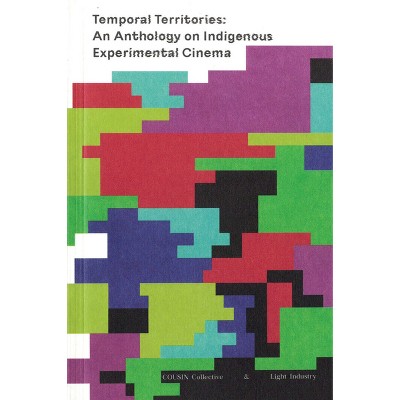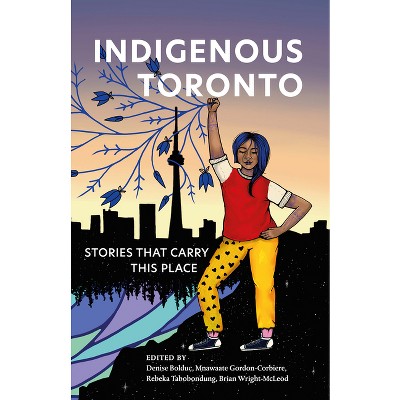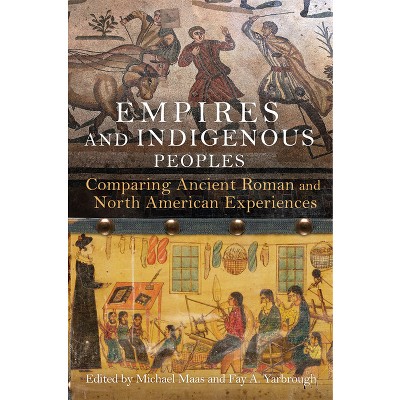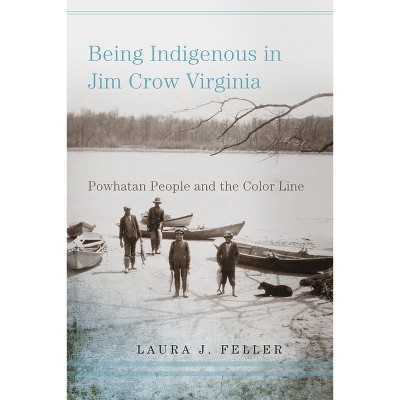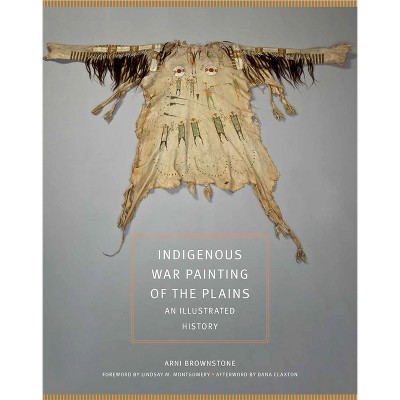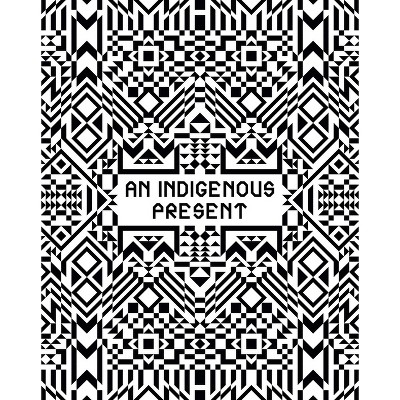Sponsored

500 Years of Indigenous Resistance - 2nd Edition by Gord Hill (Paperback)
In Stock
Sponsored
About this item
Highlights
- The history of the colonization of the Americas by Europeans is often portrayed as a mutually beneficial process, in which "civilization" was brought to the Natives, who in return shared their land and cultures.
- About the Author: Gord Hill is a member of the Kwakwaka'wakw nation.
- 72 Pages
- History, Native American
Description
About the Book
This 1992 essay was originally published in the revolutionary indigenous newspaper OH-TOH-KIN. It is a historical chronology of the colonization of the Americas - and the resistance to it. It finishes with the decade defining Mohawk resistance at Oka and reads as a prelude to the Zapatista uprising in Chiapas, Mexico in 1994. It is as relevant, and timely, as it was a decade before. Perhaps more so.Book Synopsis
The history of the colonization of the Americas by Europeans is often portrayed as a mutually beneficial process, in which "civilization" was brought to the Natives, who in return shared their land and cultures. A more critical history might present it as a genocide in which Indigenous peoples were helpless victims, overwhelmed and awed by European military power. In reality, neither of these views is correct.
500 Years of Indigenous Resistance is more than a history of European colonization of the Americas. In this slim volume, Gord Hill chronicles the resistance by Indigenous peoples, which limited and shaped the forms and extent of colonialism. This history encompasses North and South America, the development of nation-states, and the resurgence of Indigenous resistance in the post-WW2 era.
Review Quotes
It would be an amazing thing to make copies of this work and slip into every school in America and slide it into every history book for children to read. Well, it is no less crucial and eye-opening a book for existing simply on its own. --Feminist Review
About the Author
Gord Hill is a member of the Kwakwaka'wakw nation. He is a writer, an artist, and a militant activist. He has been active in the Indigenous resistance, anticolonial, and anticapitalist movements--often using the pseudonym Zig Zag. He lives in Vancouver, British Columbia.